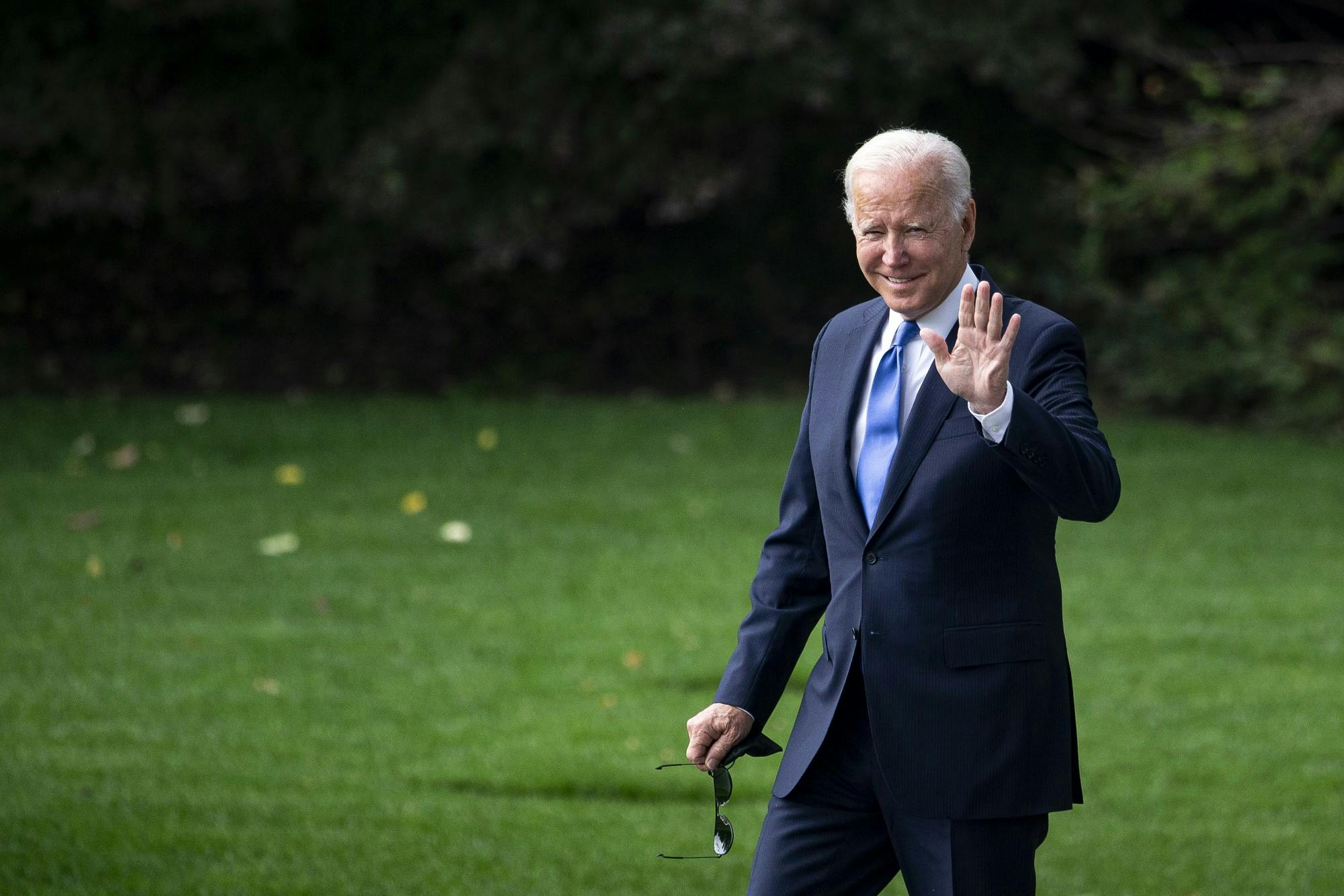

Believing faulty decisions to be sound, management may leave enormous value on the table and miss significant growth opportunities. More often than not, however, key decisions are clouded by changing assumptions, endless debate, or ill-defined goals. Representatives of a foreign organization.Businesses thrive or fail on the strength of the decisions they make.Employees who are contracted to federal, state or local government entities (such as rural-metro departments).(Federal students are subject to federal travel regulations and travel under orders prepared by their office.) INDIVIDUALS NOT ELIGIBLE FOR STIPEND REIMBURSEMENT: Representatives from state or local fire organizations.Active emergency management organization representatives.Recognized volunteer organization representatives.

State, local or tribal government representatives.INDIVIDUALS WHO MAY BE ELIGIBLE FOR STIPEND REIMBURSEMENT: If you have any questions about your eligibility to receive a stipend, please contact Admissions either by email at by phone at 30. or information about travel reimbursement eligibility and procedures, see the NETC Welcome Package at. Some individuals may be eligible for stipend reimbursement. E0686: Creating the Emergency Management Stakeholder Community (32 hours) 4 days.E0684: Interpreting the Contemporary Emergency Management Environment (32 hours) 4 days.E0682: Leading Complex Systems (32 hours) 4 days.E0680: Examining Emergency Management Policy and Doctrine (32 hours) 4 days.Prerequisitesĭepth and breadth of experience in an EM position or applicable work experience will be considered for exceptional candidates. Each Cohort will reflect a Whole Community composition. Federal administrators, at the Appointed or Senior Executive Service (SES)/GS15 level andĮMI will select up to 40 emergency management executives to participate in the Executive Academy per year.Administrators, such as members of the Governor's Cabinet or chief/director of an agency.Emergency management leaders from allied disciplines in the public sector, such as public utilities, K-12 education, higher education, public transportation, and military/DSCA roles.


In collaboration with academia, renowned practitioners and industry leaders, Emergency Management Institute (EMI) has created the National Emergency Management Executive Academy to produce a comprehensive and contemporary curriculum supporting the advancement of strategic and policy level executive leadership. The National Emergency Management Executive Academy


 0 kommentar(er)
0 kommentar(er)
